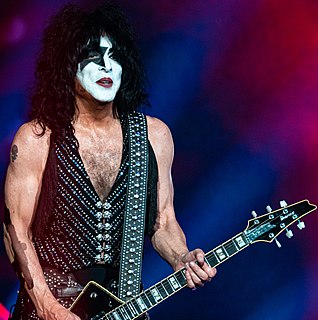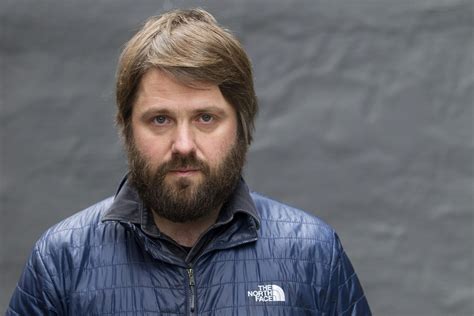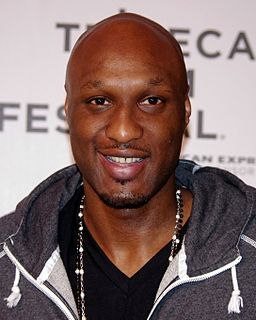A Quote by Denis Villeneuve
As a director, you're a bit of a dictator. But I feel that you're a better director if you're open to other people's ideas. It means that it's tougher: you have to be in a choosing process; you have to put the ego aside. As long as everybody's aiming in the same direction... I'm open to my main partners in the film crew.
Related Quotes
Acting isn't always about the amount of talent you have, or your ability to cry on command. The point is, how well can you take direction? How well can you put aside your own ideas or ego and listen to the ideas of the director and the people above you, while not giving up the passion and drive of that character?
I'm the type of actor that believes the director has to be in charge. I've been on sets where the actor's ego was the most important thing, and with a director that messes it up. But I don't like a dictator, I want it to be collaborative - the best idea wins. If I feel respected, and I'm going to give that back. If a director wants to try something, cool, I'll give it back. I also feel like they cast me for a reason, so I'm going to make my mark on it... let me do my thing.
Film’s thought of as a director’s medium because the director creates the end product that appears on the screen. It’s that stupid auteur theory again, that the director is the author of the film. But what does the director shoot-the telephone book? Writers became much more important when sound came in, but they’ve had to put up a valiant fight to get the credit they deserve.
Theater is about interpretation and what an actor and what a director brings to a piece too. I'm open to it every time I work with a director and a group of actors. I have to be open to that interpretation. I'm not one of those hysterical playwrights that come and say, "This is not what I intended to do." It's one rendition of the piece.
I got to work with Robert DeNiro once and it was a strange experience. Gwyneth Paltrow and I were doing Great Expectations movie together and we were complaining about what a mediocre film experience it was. DeNiro showed up on set and all of a sudden the director got better, the director of photography got better - everybody got more interested and excited. DeNiro isn't waiting for other people to create the environment that he wants, he brings it along with him.
My hat's off to documentary filmmakers. I don't know if I'm ever going back to it. You're treated like a second-class citizen at most film festivals. You take the bus while everybody else is flown first-class. If you're a feature film director, you're put in a five-star hotel, and if you're a documentary director, you stay in a Motel 6.
It does not feel any different being directed by a first-timer as long as I am convinced that the director is passionate about the film he or she is making. If you get a sense of their vision for the film and their aesthetics of your performance, then it does not matter whether you work with a new or an experienced director.
Independent means one thing to me: It means that regardless of the source of financing, the director's voice is extremely present. It's such a pretentious term, but it's auteurist cinema. Director-driven, personal, auteurist... Whatever word you want. It's where you feel the director, not a machine, at work. It doesn't matter where the money comes from. It matters how much freedom the director has to work with his or her team. That's how I personally define independent movies.




































